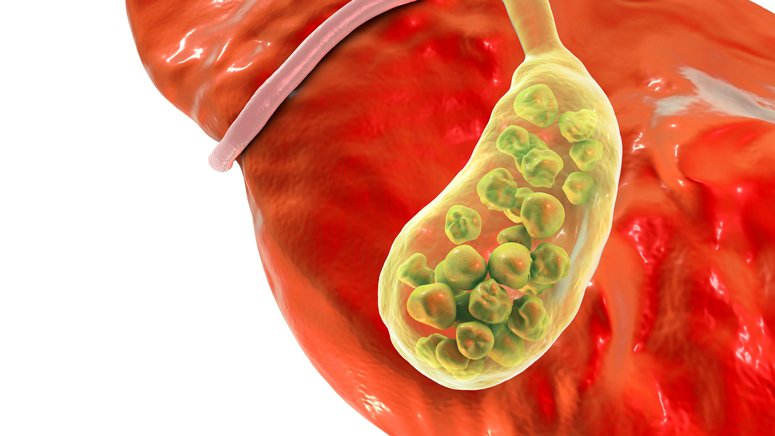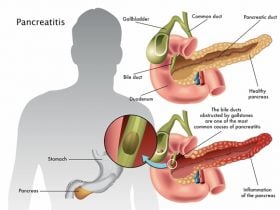Pancreatitis is a disease that causes the pancreas to get inflamed. The pancreas is located behind the human stomach, close to the small intestine. In the body, the pancreas is responsible for releasing enzymes that help digest and regulate how the body manages glucose. The pancreas can be damaged when the digestive enzymes begin to work before their release from the pancreas. There are two significant types of pancreatitis. These types are chronic and acute pancreatitis. Acute pancreatitis is a sudden inflammation that only lasts for a short period, while chronic pancreatitis is a long-lasting inflammation. Here are the significant causes of pancreatitis:
Gallstones

Pancreatitis is a condition that could occur due to gallstones [1]. These gallstones usually form in the gallbladder. However, in pancreatitis, due to gallstones, the stone moves from the gallbladder and blocks the opening to the first portion of the duodenum (small intestine). This blockage causes a backup of fluid that can travel up both the pancreatic duct and the bile duct. Gallstone pancreatitis can be severely painful and life-threatening when it’s not treated. Doctors usually diagnose the condition by using body scans. Some of the common symptoms that individuals may experience include chills, fever, nausea, jaundice, pain from the upper abdomen, and the disease’s original site to the shoulder and chest. Aside from pancreatitis, there are several other causes of gallstone in the body. Some of the gallstones’ significant causes include too much cholesterol in the bile, too much bilirubin in the bile, and concentrated bile due to a full gallbladder. It’s advisable to maintain a healthy weight, avoid rapid weight loss, and get regular exercise to maintain good gallbladder health.













